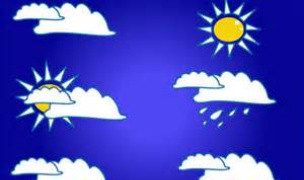 1 Terms
1 TermsHome > Industry/Domain > Earth science > Seismology
Seismology
The study of earthquake, seismic sources, and wave propagation through the Earth.
Industry: Earth science
Add a new termContributors in Seismology
Seismology
longitude
Earth science; Seismology
The location of a point east or west of the prime meridian. Longitude is shown on a map or globe as north-south lines left and right of the prime meridian, which passes through Greenwich, England.
strike of fault
Earth science; Seismology
The line of intersection between the fault plane and the surface of the Earth. Its orientation is expressed as the angle west or east of true north.
spread
Earth science; Seismology
The layout of seismometer or geophone groups from which data from a single shot (the explosive charge) are recorded simultaneously.
earth's crust
Earth science; Seismology
The layer of rock located immediately below the earth's surface. Beneath continents, it is typically about 35 km thick, and composed of granite. Under the ocean, the crust is about 5-10 kilometres ...
asthenosphere
Earth science; Seismology
The layer below the lithosphere that is marked by low seismic-wave velocities and high seismic-wave attenuation.
resonance
Earth science; Seismology
The largest vibration of a mechanical system (such a soil layer) due to the enhancement of the energy at a a frequency special to that system. Liquefaction can be the result of an earthquake ...
mainshock
Earth science; Seismology
The largest earthquake in any series of earthquakes; to be definitively called a "mainshock", it should generally be at least half a magnitude unit larger than the next largest quake in the series. ...
Featured blossaries
Rafael Treviño
0
Terms
1
Blossaries
6
Followers
Deaf Community and Sign Language Interpreting
 1 Terms
1 Terms
